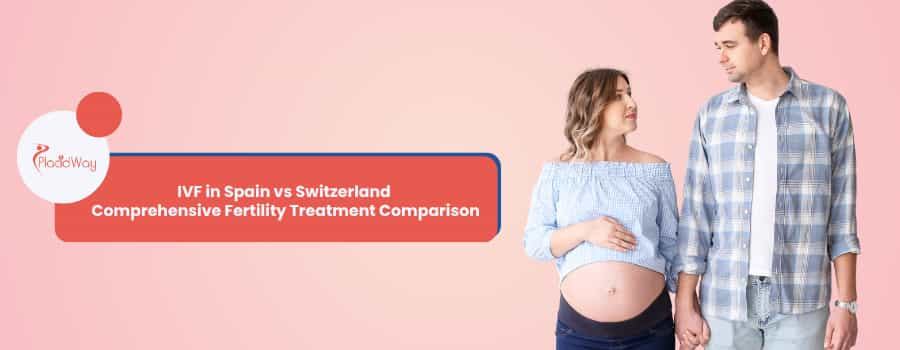
Going on a fertility journey requires careful consideration of numerous factors, from medical expertise and success rates to legal nuances and financial implications. For international patients seeking high-quality In Vitro Fertilization (IVF) treatment, both Spain and Switzerland stand out as reputable destinations. This guide provides an in-depth comparison of IVF in Spain versus Switzerland, offering vital insights to help you make an informed decision tailored to your unique path to parenthood.
Choosing Your Path to Parenthood - IVF in Spain or Switzerland?
Spain has firmly established itself as a global leader in reproductive medicine, particularly renowned for its liberal egg donation laws, advanced technology, and competitive pricing. It attracts thousands of international patients annually, especially those from the UK, France, Italy, and Germany, seeking comprehensive and affordable fertility solutions. Clinics across major Spanish cities like Barcelona, Madrid, and Valencia offer state-of-the-art facilities and experienced specialists.
Switzerland, on the other hand, represents a destination for highly discreet, premium-quality fertility treatment within one of the world's most advanced healthcare systems. While its legal framework for assisted reproduction is more conservative, its clinics are celebrated for their precision, cutting-edge research, and personalized care. Patients often choose Switzerland for its unparalleled medical standards, though at a significantly higher cost. This IVF Spain vs Switzerland comparison will help delineate these critical differences.
IVF Spain vs Switzerland - Detailed Comparison Table
IVF Spain vs Switzerland - Core Strengths in Reproductive Medicine
Spain's Key Capabilities in Fertility Treatment
Spain excels with its highly advanced and innovative approach to reproductive medicine. Key strengths include a very progressive legal framework that permits anonymous egg and sperm donation, which translates to short waiting lists and diverse donor profiles. This makes Spain a top choice for patients requiring donor gametes. The country also boasts high success rates for IVF procedures, offering a cost-effective solution without compromising on quality of care or technology. Many clinics are internationally accredited, providing comprehensive care to a vast international patient base.
Switzerland's Key Capabilities in Fertility Treatment
Switzerland's fertility clinics are synonymous with precision, meticulous standards, and cutting-edge technology. The country's healthcare system is globally recognized for its excellence, and fertility treatments are no exception. Patients choosing Switzerland benefit from highly trained specialists, state-of-the-art laboratories, and a focus on personalized, discreet care. While its legal framework is more restrictive (e.g., no egg donation, strict PGD rules), for those seeking the highest medical standards and a reserved, private treatment experience, Switzerland offers unparalleled quality and scientific rigor in procedures it does offer.
IVF in Spain - Pros And Cons
Pros of IVF in Spain
- Progressive Legal Framework: Spain's laws allow anonymous egg and sperm donation, offering more options for diverse families, including single women and LGBTQ+ couples, with short waiting times.
- Affordable Costs: IVF treatment costs in Spain are significantly lower than in many Western countries, including Switzerland and the USA, making it a highly attractive option for budget-conscious patients.
- High Success Rates: Spanish clinics consistently report high IVF success rates, particularly for egg donation cycles, reflecting their expertise and advanced techniques.
- Extensive Clinic Network: A large number of clinics across Spain, especially in major cities like Barcelona and Madrid, provide a wide range of choices and specializations.
- Medical Tourism Hub: Spain has a well-developed medical tourism infrastructure, ensuring clinics are accustomed to international patients, offering multilingual support and tailored services.
- Cultural Experience: Patients can combine treatment with a pleasant travel experience, enjoying Spain's vibrant culture, delicious cuisine, and warm climate.
Cons of IVF in Spain
- Anonymity of Donors: While a 'pro' for availability, the strict anonymity of egg and sperm donors might be a 'con' for patients who prefer knowing more about their donor.
- Surrogacy Legality: Surrogacy is not legal in Spain, which means patients requiring this option would need to look elsewhere.
- Language Barrier (outside clinics): While clinics are multilingual, basic Spanish might be helpful for navigating daily life outside the medical setting, especially in less touristy areas.
IVF in Switzerland - Pros And Cons
Pros of IVF in Switzerland
- World-Class Healthcare Standards: Switzerland boasts one of the best healthcare systems globally, guaranteeing exceptional medical quality and patient safety.
- Advanced Technology & Research: Clinics are equipped with state-of-the-art technology and often at the forefront of fertility research, ensuring access to the latest treatments.
- Highly Personalized & Discreet Care: Swiss clinics are known for their meticulous attention to detail, offering a highly individualized and private patient experience.
- Excellent Infrastructure: The country's infrastructure, including public transport and amenities, is top-tier, facilitating easy navigation and comfortable stays.
- High Success Rates: Despite stricter legal frameworks, Swiss clinics achieve impressive IVF success rates, indicative of their high standards.
Cons of IVF in Switzerland
- High Costs: IVF treatment in Switzerland is among the most expensive globally, reflecting the high cost of living and specialized medical services.
- Restrictive Legal Framework: Egg donation is illegal, PGD is only for serious medical conditions, and access is generally limited to married heterosexual couples, excluding many international patients.
- No Surrogacy: Similar to Spain, surrogacy is illegal, restricting options for patients requiring this pathway.
- Limited Accessibility for Certain Patients: Due to legal restrictions, single women and LGBTQ+ couples will find it challenging, if not impossible, to receive certain fertility treatments in Switzerland.
What to Expect - The International Patient Experience
Experience in Spain
In Spain, the international patient experience is typically smooth and welcoming. Clinics often have dedicated international patient departments with coordinators fluent in multiple languages, guiding you through every step, from initial consultation to post-treatment follow-up. The atmosphere can be warm and empathetic, and the combination of effective treatment with a vibrant cultural environment is a significant draw. Travel within Spain is generally easy and affordable, making the logistics of your fertility journey less daunting.
Experience in Switzerland
For those choosing Switzerland, the patient experience is defined by efficiency, meticulousness, and an air of quiet professionalism. You can expect world-class facilities, cutting-edge equipment, and highly skilled medical teams. Communication is typically excellent, with English and other major European languages widely spoken in clinics. While the cost of living and travel is higher, the unparalleled quality of care and the stunning natural beauty of the country can offer a serene backdrop for your treatment, fostering a sense of calm and privacy.
Legal and Ethical Landscape - Key Differences
The legal and ethical considerations are paramount when comparing IVF in Spain vs Switzerland. Spain's legal framework for assisted reproduction is one of the most liberal globally. It permits anonymous egg and sperm donation, embryo donation, and fertility treatment for single women, same-sex couples, and married heterosexual couples. This broad accessibility, coupled with robust regulatory bodies like the Spanish Fertility Society (SEF), ensures high standards of practice and patient protection. PGD is allowed for a wide range of genetic conditions, and sex selection is permitted for medical reasons.
Switzerland, by contrast, operates under a more conservative legal framework. The Federal Act on Medically Assisted Procreation (FAMP) restricts access to married heterosexual couples only, and egg donation is explicitly prohibited. While sperm donation is allowed, it is tightly regulated. PGD/PGS is only permissible for diagnosing serious hereditary diseases, and gender selection is strictly forbidden. These regulations reflect Switzerland's cautious approach to reproductive technologies, prioritizing ethical considerations and the welfare of the child above broader access.
Real Stories from Parents Who Chose IVF Abroad
Liam & Maria, Ireland (Spain)
"After years of trying, the cost of IVF in Ireland was prohibitive. We chose a clinic in Barcelona for an egg donation cycle. The process was incredibly smooth, the staff were so supportive, and we are now proud parents to our beautiful daughter. Spain truly offered hope where we thought there was none."
Anna & Alex, UK (Spain)
"As a same-sex couple, finding inclusive and affordable fertility treatment was key. A clinic in Valencia provided us with excellent care and made us feel entirely comfortable. The transparency of the IVF cost in Spain and the welcoming environment made our journey truly special. We're expecting our first child next year!"
Johanna & David, Germany (Switzerland)
"Our decision to pursue IVF in Switzerland was driven by their reputation for uncompromising quality and discreet care. While the investment was significant, the precision of treatment and the personalized attention from our specialists in Zurich were exceptional. We felt truly cared for every step of the way, and our dream of a family became a reality."
Catherine & Kevin, USA (Switzerland)
"We sought the highest standards for our IVF journey, and Switzerland delivered. The clinic in Geneva was immaculate, the technology was state-of-the-art, and the medical team was incredibly knowledgeable. The privacy and sense of calm during our treatment period were invaluable. We're grateful for the outcome and the quality of care received."
Frequently Asked Questions About IVF Spain vs Switzerland
What are the main cost differences for IVF in Spain versus Switzerland?
IVF treatment in Spain is generally significantly more affordable than in Switzerland. A basic IVF cycle in Spain can range from €4,000 - €7,000, while in Switzerland, the same procedure typically costs €10,000 - €15,000 or even more, reflecting the higher cost of living and healthcare services.
Is egg donation legal in Spain and Switzerland?
Yes, egg donation is legally permitted and widely available in Spain, with anonymous donation being the standard. In contrast, egg donation is strictly prohibited by law in Switzerland, making it unavailable as a treatment option there.
What are the legal regulations regarding PGD/PGS in both countries?
In Spain, Preimplantation Genetic Diagnosis (PGD) and Preimplantation Genetic Screening (PGS) are widely allowed for detecting genetic diseases or chromosomal abnormalities. Gender selection is generally permitted for medical reasons. Switzerland has stricter laws; PGD/PGS is only allowed for serious hereditary diseases, and gender selection is not permitted.
Are there any restrictions for single women or LGBTQ+ couples seeking IVF in Spain or Switzerland?
Spain has a very inclusive legal framework, allowing single women and LGBTQ+ couples to access IVF and other fertility treatments without significant restrictions. Switzerland, however, has more conservative laws, generally restricting access to assisted reproductive technologies to married heterosexual couples only, excluding single women and same-sex couples.
What are the typical success rates for IVF in Spain and Switzerland?
Both Spain and Switzerland boast high IVF success rates, comparable to leading clinics worldwide. Spain's success rates are particularly high, especially for egg donation cycles, due to its robust donor program. Switzerland's rates are also excellent, reflecting its high standard of medical care and technological advancement.
How long will I need to stay in Spain or Switzerland for an IVF cycle?
For a standard IVF cycle, you can typically expect to stay in either country for approximately 10-14 days. This allows for the necessary monitoring, egg retrieval, and embryo transfer procedures. Some preliminary consultations or tests might be done remotely or at your home country.
Do clinics in Spain and Switzerland offer support for international patients?
Absolutely. Both countries, particularly their leading clinics, are well-equipped to handle international patients. They often provide multilingual staff, patient coordinators, assistance with accommodation, and seamless communication channels to ensure a smooth treatment journey.
What is the general patient experience like in Spain versus Switzerland?
In Spain, the experience is often characterized by a warm, welcoming atmosphere, efficient processes, and a wide array of options, especially for egg donation. Clinics are highly experienced with international patients. In Switzerland, patients often highlight the pristine facilities, meticulous attention to detail, and a highly discreet, personalized approach, albeit at a higher cost.
Can I combine my fertility treatment with a vacation in Spain or Switzerland?
Yes, both destinations offer excellent opportunities for combining treatment with leisure. Spain is renowned for its vibrant culture, beaches, and historical sites, making it a popular choice for medical tourism. Switzerland offers stunning natural beauty, outdoor activities, and serene environments, providing a discreet and relaxing recovery period, though at a higher travel cost.
How does PlacidWay assist patients considering IVF in Spain or Switzerland?
PlacidWay connects intended parents with world-class, pre-vetted fertility clinics in Spain, Switzerland, and other global destinations. Our Care Team provides free consultations, helps compare personalized treatment packages, offers transparent pricing information, and answers all specific questions, streamlining the planning process for your fertility journey.
Ready to Take the Next Step on Your Fertility Journey?
Making the right choice for your fertility treatment is a deeply personal decision. While this guide offers a comprehensive comparison of IVF in Spain vs Switzerland, your journey is unique. At PlacidWay, we specialize in connecting intended parents like you with world-class, pre-vetted fertility clinics in Spain, Switzerland, and beyond.
Our dedicated Care Team is here to provide a free, no-obligation consultation to help you compare personalized treatment packages, understand transparent pricing, and answer all your specific questions. Let us handle the complexities of planning your IVF in Spain or Switzerland, so you can focus on what truly matters: building your family.




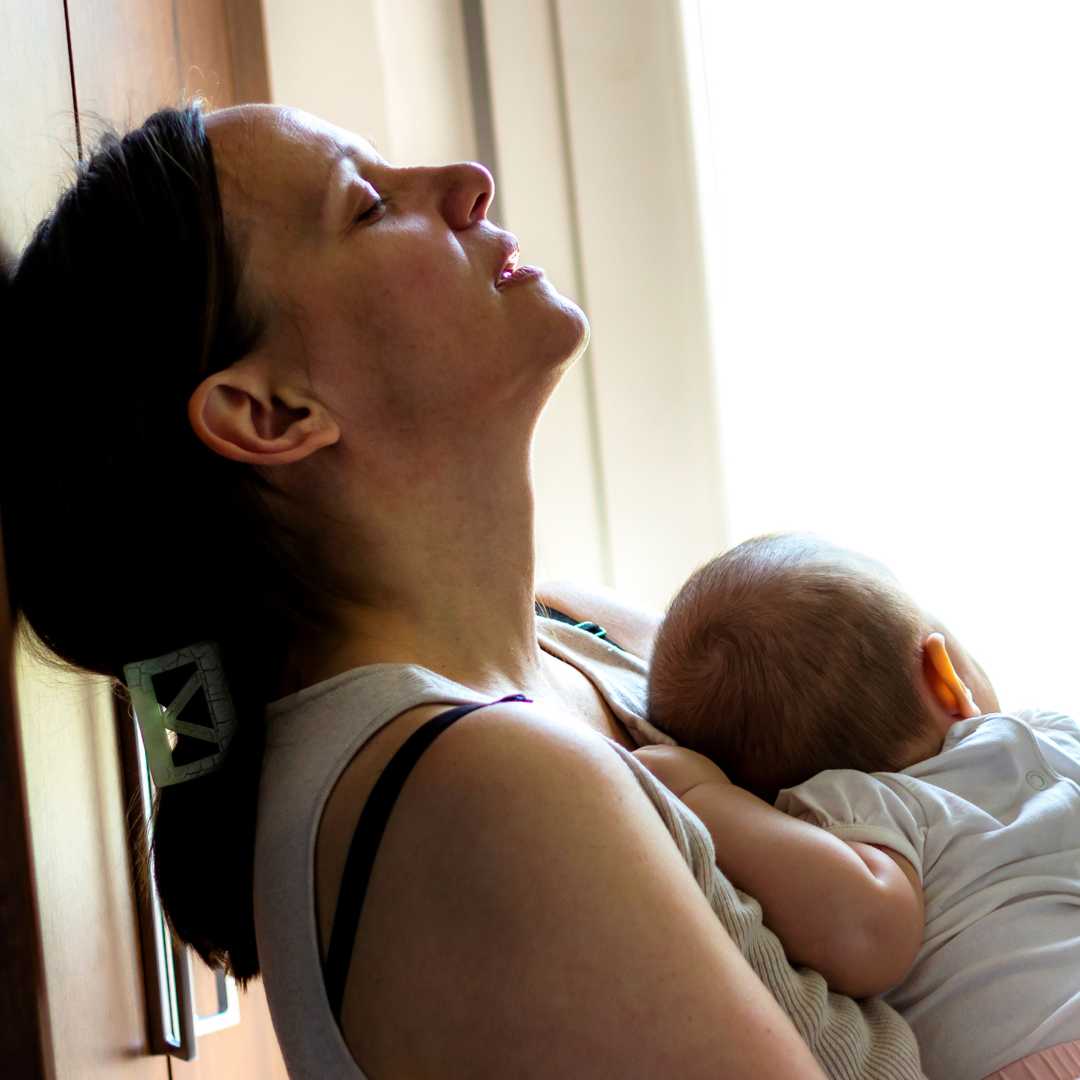
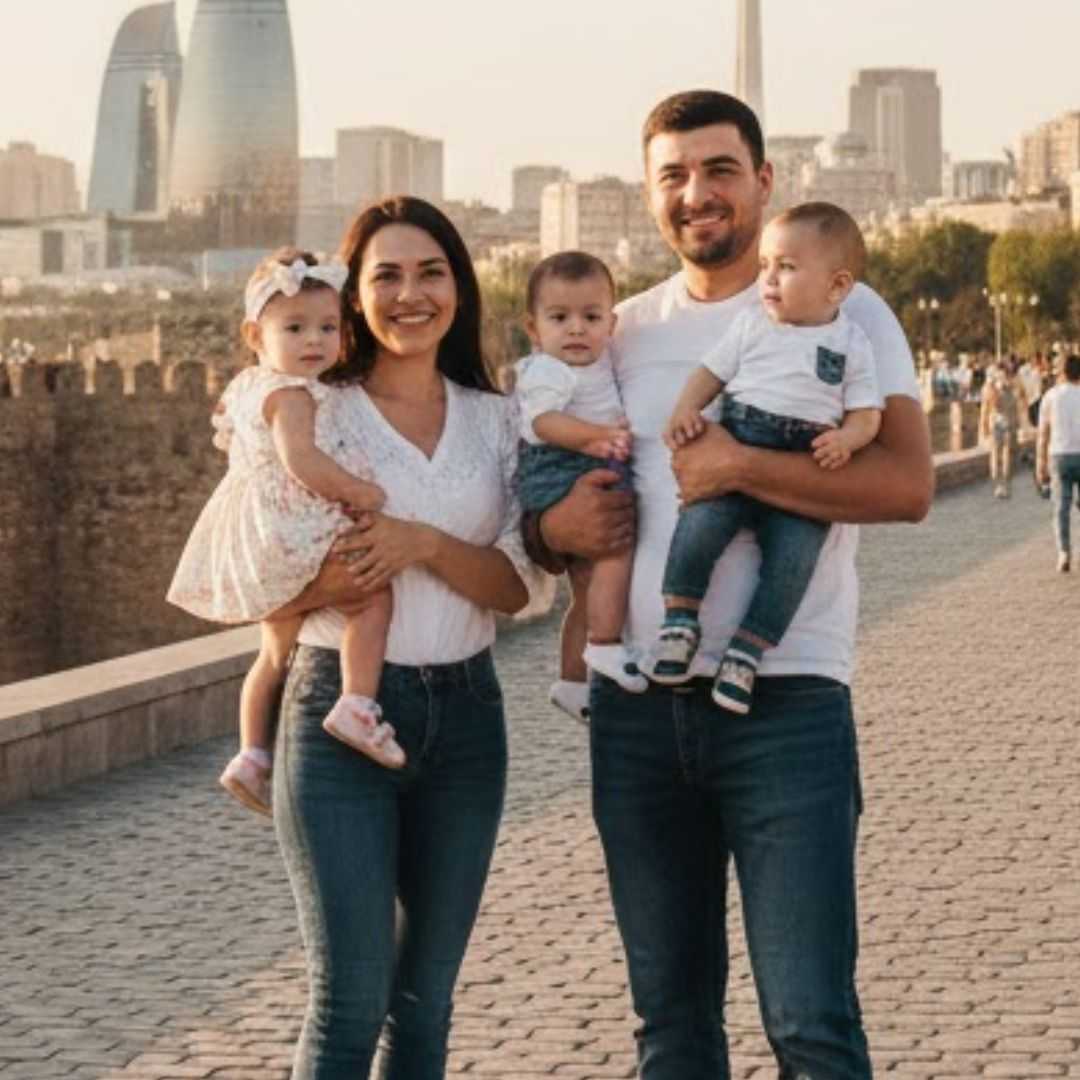

.png)
.png)
.png)
.png)
.png)
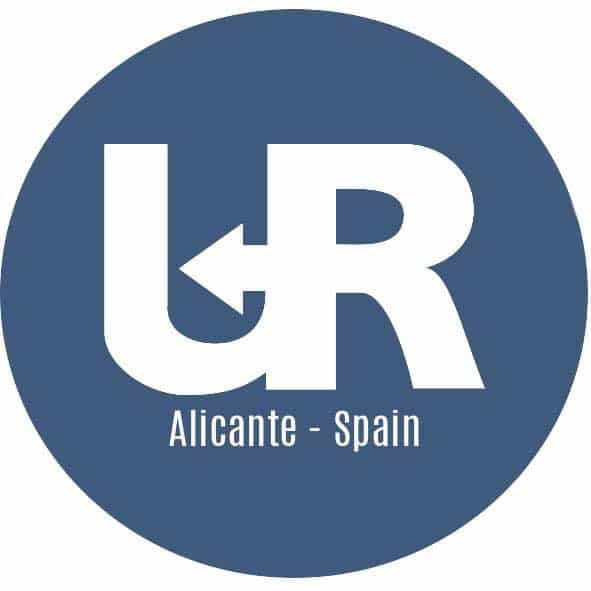
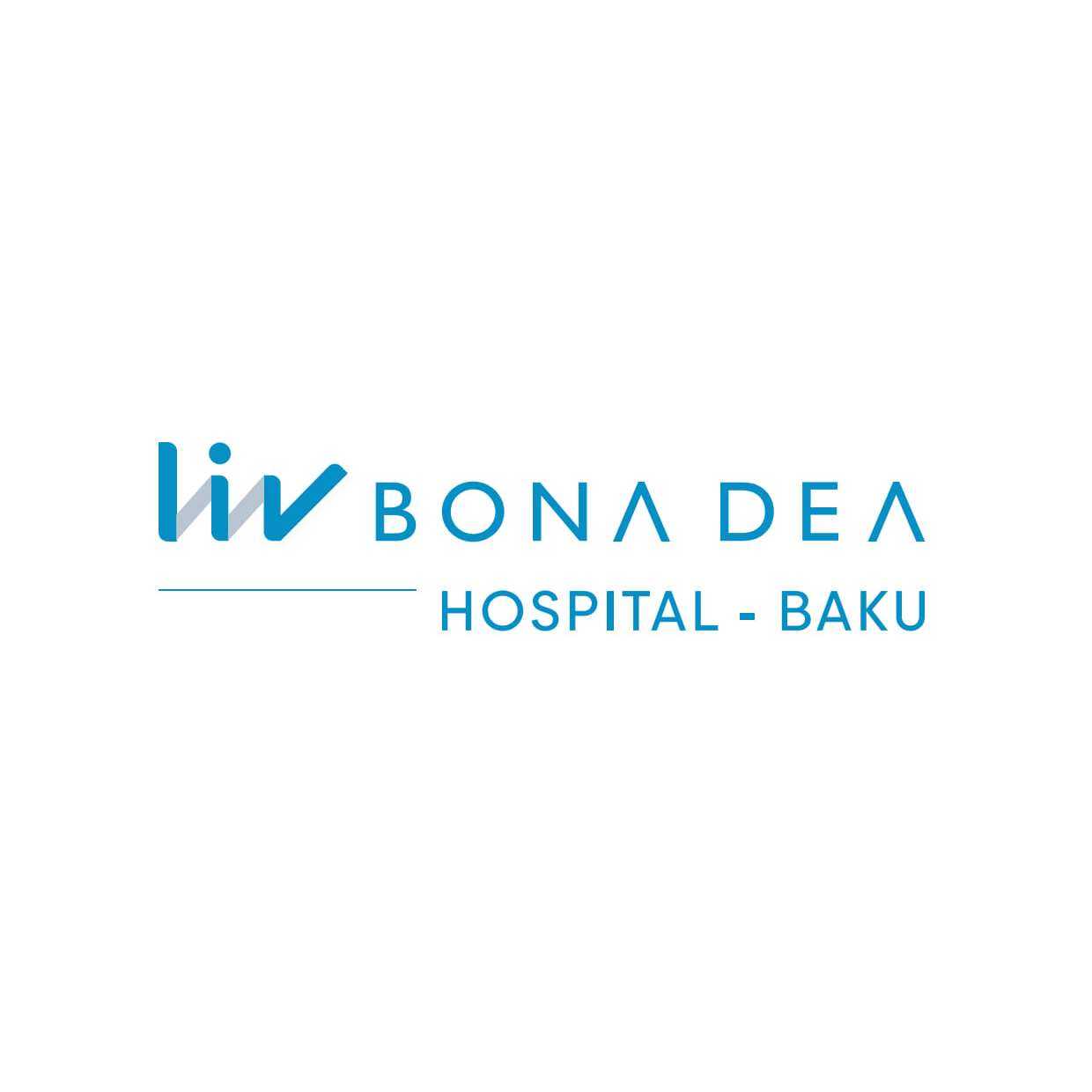
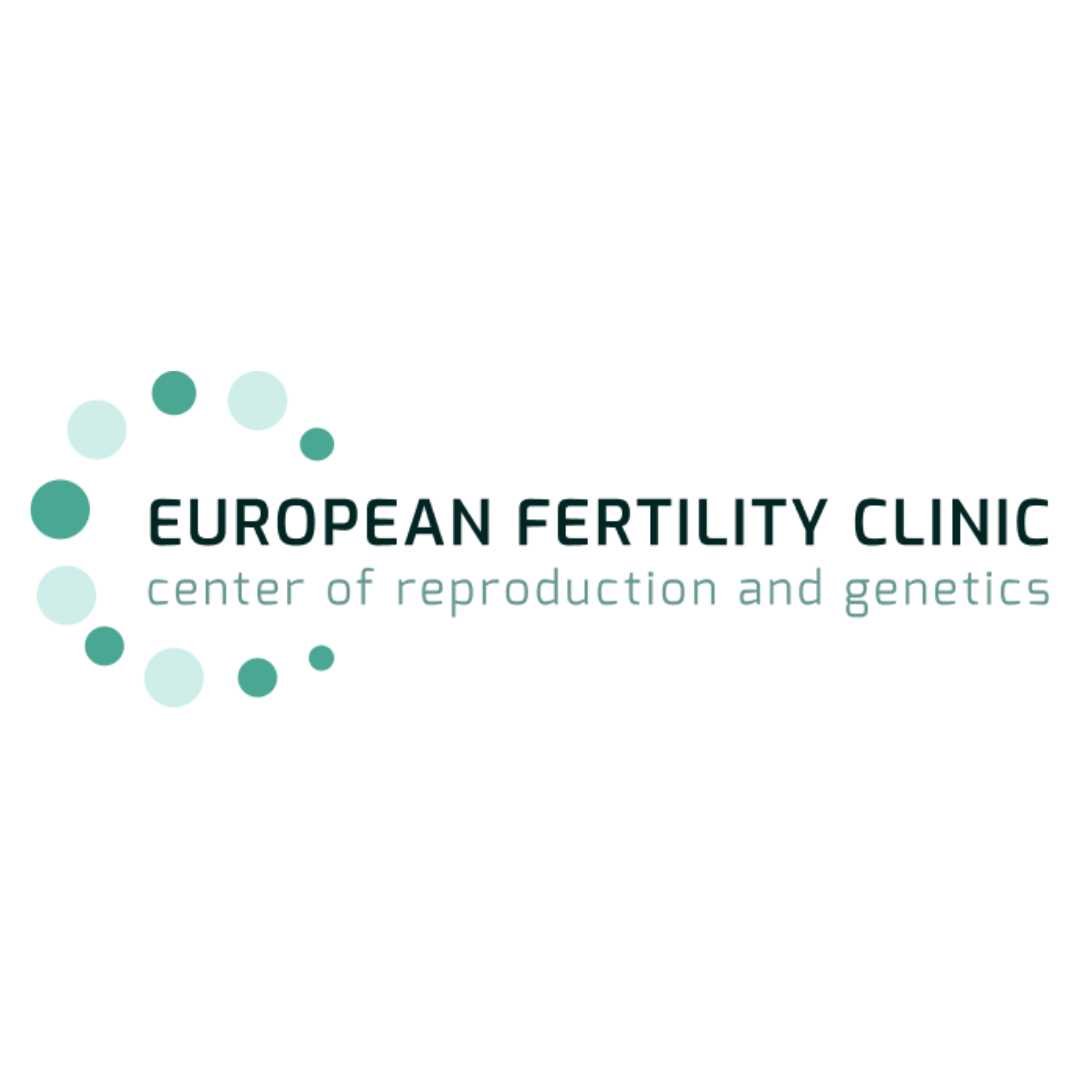
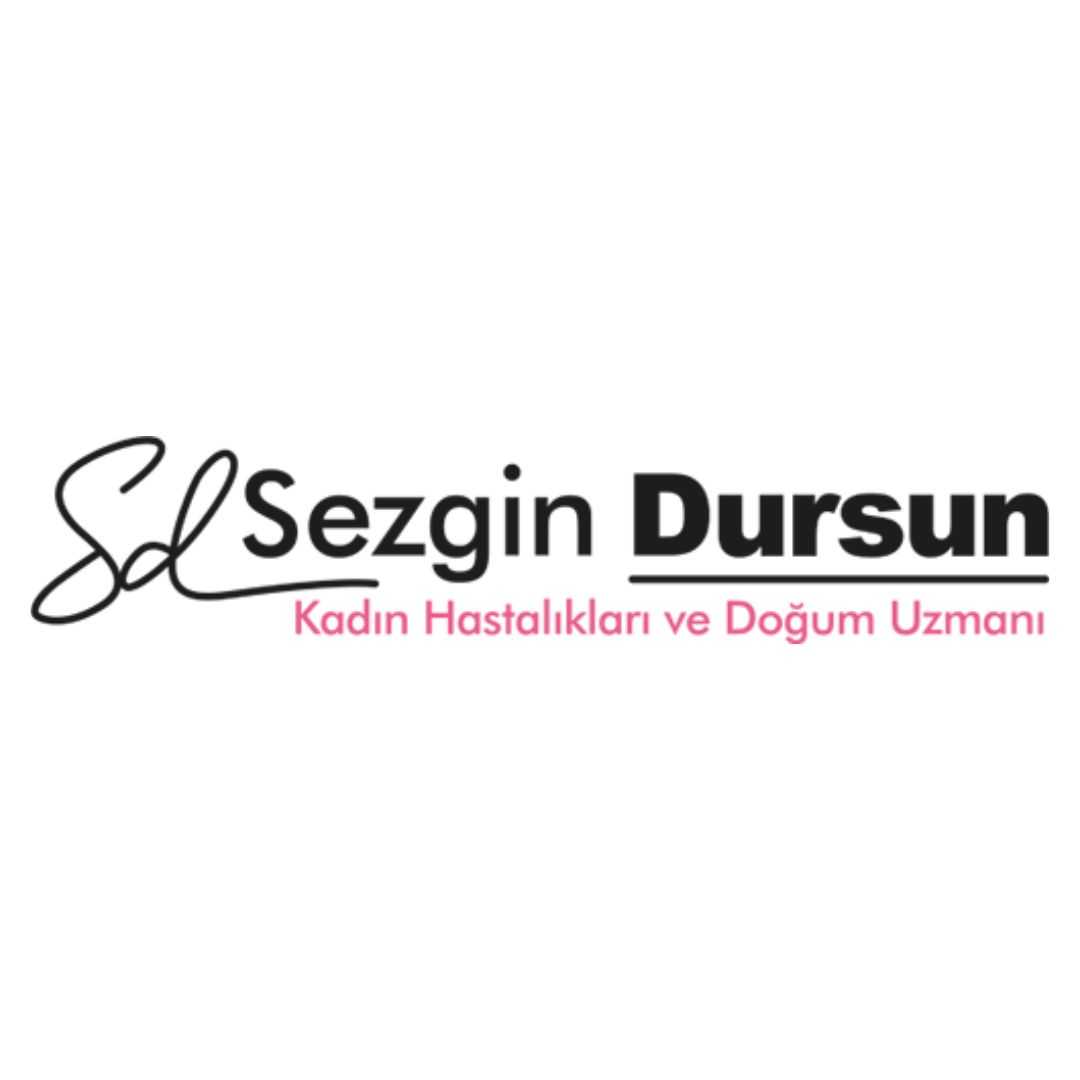

Share this listing